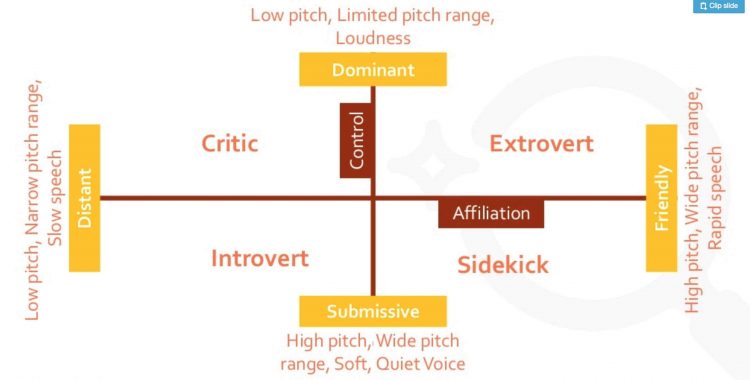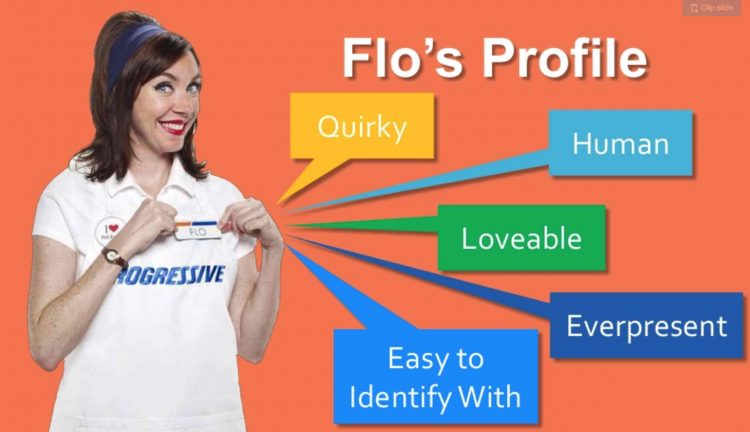Does choosing the voice that will represent your brand on voice interactive devices really matter?
In this episode of our popular Here’s Why digital marketing video series, Eric Enge explains why you should be thinking now about the voice personas for your brand.
Don’t miss a single episode of Here’s Why. Click the subscribe button below to be notified via email each time a new video is published.
Resources
- Mobile Voice Usage Trends in 2018
- How to Use Perficient Digital’s Google Assistant and Amazon Alexa Digital Marketing Questions Apps
- The Critical Role of Voice Personas for Actions and Skills (slide deck)
- See all of our Here’s Why Videos | Subscribe to our YouTube Channel
Transcript
Mark: Eric, at the last SMX Advanced conference, you did a joint presentation about voice personas for Actions and Skills with Duane Forrester of Yext. Let’s start by defining what Actions and Skills are.
Eric: Sure. Those are the names given by Google and Amazon to their app-building platforms for Google Assistant and Amazon Alexa. So, Google Actions and Amazon Skills enable you to build apps that interact with users via voice rather than text.
Mark: And do you see building Skills and Actions as a viable marketing opportunity?
Eric: Yes, very much so. Every indication is that people are getting more and more comfortable interacting with voice devices.
[Tweet “Building apps for Amazon and Google voice assistants is a real marketing opportunity. Find out why!” quote=”Building apps for Amazon and Google voice assistants is a real marketing opportunity.”]
Mark: Your own study confirms that.
Eric: Great. At the same time, the voice app and voice search fields are still very young, and we need to be realistic about that. There are no clear leaders yet, so whoever gets in early and learns how to make it work could actually have a real advantage.
Mark: Is it hard to build a Skill or Action?
Eric: The interfaces for each are relatively easy, but the hard work comes in with designing, recording, and optimizing all the different commands or inquiries your app will recognize, the many ways that people might ask those, and your responses in Actions. It’s certainly doable. In fact, we’ve already built a few ourselves that our viewers can try out.
How Does Voice Interaction Differ from Text Interaction?
Mark: Let’s get to the meat of what we wanted to discuss today. Is the voice interaction world really all that different from the text interaction world?
Eric: It is in a number of important ways.
For one thing, voice is inherently social. Harvard research suggests that human language evolved not so much for information exchange as for social exchange. We know, for example, that babies can recognize their mother’s voice while still in the womb. So, we’re born experts at discerning the social aspects of speech.
It goes deeper than that, though. Research shows that vocal speech plays a significant role in social identification. It’s one of the cues we use to decide if we like someone or feel comfortable increasing our social interactions with them. The pitch, range, and speed of a voice sends subtle cues as to the personality intentions of the speaker, as you see in the matrix we’re showing right now.

Mark: Is this where the idea of voice personas comes in?
Eric: Yes. The dictionary says a persona is the aspect of someone’s character that is presented or perceived by others.
Mark: And we use personas frequently in marketing, to do things like determine our target audiences.
Eric: Right. I won’t go into all the elements that go into establishing a correct persona for your brand, but relevant to our discussion here is thinking about a literal voice for your brand and its voice interactions.
Mark: But isn’t it enough just to hire a good voice actor to record those interactions?
Eric: Is it enough to write your brand blog post in any old style?
Mark: Point well taken. Of course not. I want to create content that will resonate with my target audience.
Eric: And it’s the same with voice. You need to think about what voice qualities will best connect with the audience you want to reach and how you want your brand presented. So, let me give you an example, which you’ll recognize immediately.

Mark: Oh, it’s Flo from Progressive Insurance!
Eric: Yes. And why do you think Progressive chose the persona Flo to represent their brand?
Mark: I’d guess that they want to reach regular folks and portray their company as accessible, understandable, down-to-earth, and enthusiastic to help.
Eric: You see the power of a persona, and while the character Flo is certainly a visual persona, there’s no denying her voice is a very important aspect of it as well.
Mark: I get it. If we’re in digital marketing, and search marketing in particular, we’re going to be interacting with customers and prospects more and more by voice.
Eric: And that means choosing the voice we use to represent our brand is a critical part of voice interaction marketing.
Mark: Thanks, Eric.
Don’t miss a single episode of Here’s Why. Click the subscribe button below to be notified via email each time a new video is published.
See all of our Here’s Why Videos | Subscribe to our YouTube Channel


Hi Eric,
Cool video you’ve got here. I like the topic you’ve shared. As voice search is arising, I do believe that we need to take the voice personas seriously for digital marketing. And this is going to have a big impact especially for 2019.
It makes me wonder how long it will be until you don’t have to hire a voice actor at all, but can just buy a voice software package and set sliders to decide the age and personality of the voice.
Vocaloids which are mostly for making songs, and obviously Alexa and Siri are already incredibly advanced. I think we are just one breakthrough away from not needing the voice actor to begin with at all.